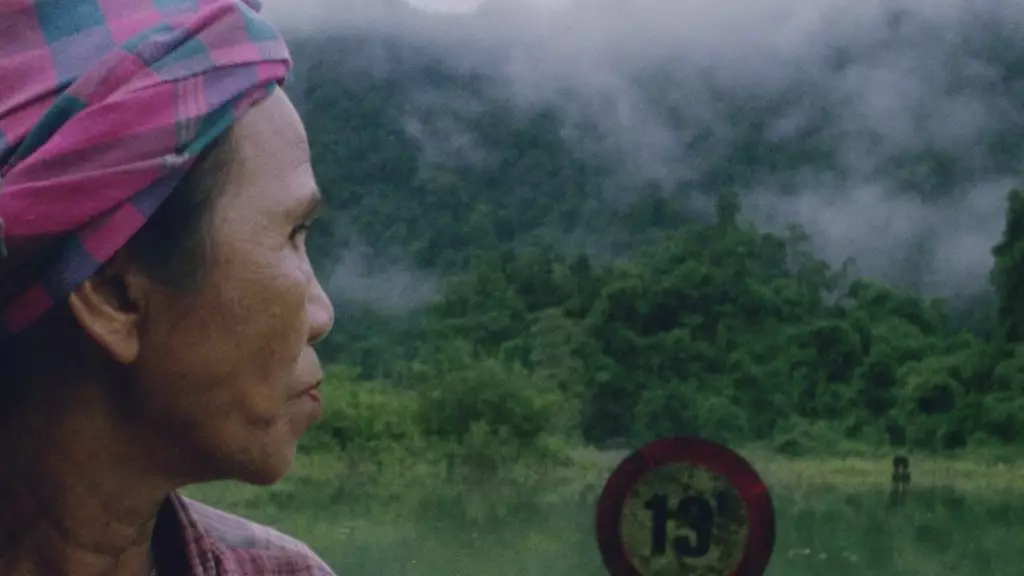In an electrifying showcase of storytelling mastery, Japanese filmmaker Sho Miyake’s latest work, Tabi to Hibi, has secured the coveted Pardo d’Oro at the renowned Locarno Film Festival. This achievement is not merely a triumph for Miyake but signals a significant moment for Japanese cinema on the international stage. Historically, Japanese filmmakers have left indelible marks at Locarno, from classics like Kinugasa’s Gate of Hell to Kobayashi’s The Rebirth. Miyake’s win adds a fresh layer of cultural richness and reinforces the notion that Japanese storytelling continues to evolve and resonate globally.
What makes this victory even more compelling is how Tabi to Hibi exemplifies cinematic risk-taking rooted in deep cultural introspection. Adapted from the nuanced manga Mr. Ben and His Igloo, A View of the Seaside by Yoshiharu Tsuge, the film ventures into realms of quiet existentialism and the unseen, capturing fleeting human moments with poetic subtlety. Miyake’s ability to translate such layered material into a visual language that mesmerizes jurors and audiences alike reflects artistic bravery and an unwavering commitment to authentic storytelling. His recognition underscores a broader trend of Japanese filmmakers synthesizing traditional narratives with avant-garde techniques, pushing boundaries while honoring their cultural heritage.
From Manga to Masterpiece: The Artistic Innovation Behind the Award
At the heart of Tabi to Hibi lies an aesthetic that is as delicate as it is profound. It captures two seemingly disparate stories—one set in summer by the seaside, another in a winter village—and weaves them into a contemplative meditation on human connection and solitude. Miyake’s choice to base the film on manga with a deeply personal and poetic sensibility is noteworthy, demonstrating a shift in how Japanese stories are evolving in cinema. Adaptations from graphic novels, once considered secondary, are now serving as fertile ground for auteur expression, offering filmmakers new palettes to paint introspective tales.
The film’s success at Locarno signifies a recognition of this artistic synergy, where Japanese narratives are gaining prominence through their emotional authenticity and inventive visual storytelling. The production, led by Masayoshi Johnai, underscores the importance of supporting a new wave of cinema that cares less about blockbuster spectacle and more about evoking emotion, sharing culture, and inspiring reflection. Miyake’s achievement affirms that true innovation often resides in subtlety, and that cinema’s power lies in its ability to mirror vulnerable human experiences.
Beyond the Main Award: A Testament to Global and Cultural Diversity in Cinema
Locarno’s celebration of diverse voices is evident in its wide-ranging winners. For instance, the documentary Hair, Paper, Water…, co-directed by Quy and Graux, offers an intimate portrayal of oral history and cultural preservation in Vietnam. Shot over three years on a vintage Bolex camera, the film’s poetic exploration of language and memory exemplifies how documentary filmmaking can serve as both art and activism. Its win of the Special Jury Prize highlights the festival’s commitment to amplifying stories that challenge viewers to consider the fragile threads that connect generations, languages, and communities.
Similarly, Abbas Fahdel’s Tales Of The Wounded Land underscores cinema’s capacity to confront political trauma and historical wounds through powerful storytelling. Winning Best Director, Fahdel’s work exemplifies cinema’s ability to act as a mirror for societal reflection, reminding audiences that storytelling is also a form of collective healing. This spectrum of winners—from poetic fiction to experiential documentaries—illustrates the festival’s dedication to fostering a cinematic universe that embraces texture, depth, and cultural significance.
Locarno’s Vision: A Future Rooted in Hope and Artistic Courage
Festival director Giona A. Nazzaro’s remarks about this year’s edition emphasize optimism—locating cinema’s current strength in its capacity to build bridges and inspire hope. By championing filmmakers who dare to explore unconventional narratives and artistic forms, Locarno reinforces its position as a crucible for innovation and cultural dialogue. The festival’s celebration of films like Miyake’s Tabi to Hibi underscores a bold belief: that cinema’s true power lies in its potential to shape a better tomorrow, one story at a time.
This perspective invites us to view festival victories not merely as accolades but as affirmations of cinema’s transformative potential. Miyake’s win, set against a backdrop of diverse celebrated works, reflects an industry increasingly committed to nuanced storytelling, cultural depth, and artistic experimentation. The future of cinema, as Locarno envisions it, is one of shared humanity, cultural richness, and unwavering creative courage—all vital ingredients for the art form to continue thriving in an ever-changing world.
